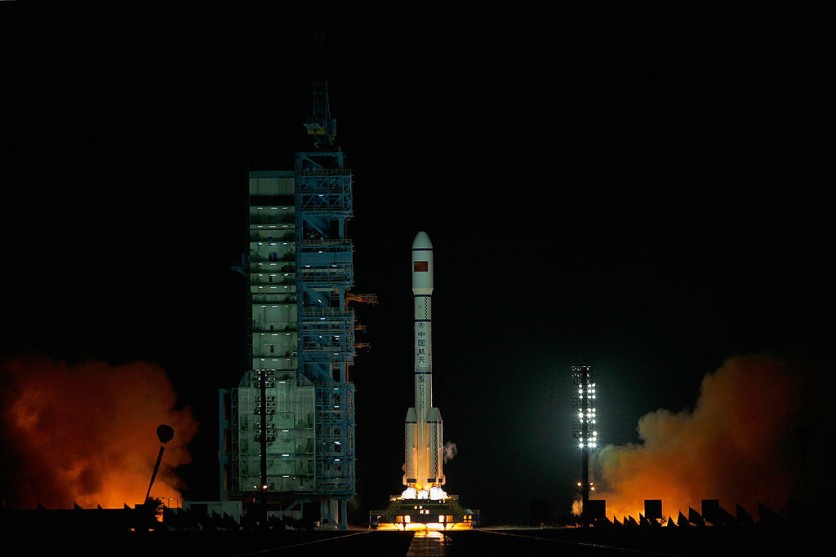China is reportedly amping up its plans to send more satellites into space to compete with American company SpaceX.

China Wants to Compete With SpaceX?
Elon Musk's private spaceflight company SpaceX has two goals for the near future: create a colony on Mars and complete the Starlink constellation that will provide high-speed internet to every point in the globe.
According to the Eurasian Times, the Chinese state-owned telecommunication company China Telecom is allegedly planning to send 10,000 more satellites into low orbital space in the next five years.
Furthermore, Chinese media has also reported that Chinese capital Beijing is planning to create a state-owned company known as China Star Net, which will be formed in the city of Shanghai.
Based on Chinese media, the sources came from the Ministry of Industry and Information Technology.
"Space in the orbit is allocated on a first-come, first-served basis and the onus will be on these latecomers to ensure their satellites will not collide with existing ones," said Xie Tao, the chief executive officer of Beijing-based private satellite internet service provider Commsat and one of China Telecom's contractors.
Launching 10,000 Satellites Before LEO Gets Crowded
Tao also reportedly said that the country should launch the 10,000 satellites as soon as possible to gain an advantage over others, especially as the low-Earth orbit is becoming quite crowded.
However, policy advisors and analysts have been objecting to Star Net's need to launch 5G and 4G networks in operation from China Mobile, China Telecom, and China Unicom that already covers major and low-populated cities in the country.
As of writing, China has 432 satellites currently in low-Earth orbit, as opposed to SpaceX's 775 satellites that have been recently launched into space through the company's Falcon 9 rocket.
SpaceX's Starlink constellation is the world's biggest commercial satellite constellation, with the company aiming to send over 40,000 satellites into space to provide faster internet access to everyone, especially to the United States with much lower latency.
Starlink Beta Test
The company has started beta testing. Those lucky enough to be chosen for it have reported faster internet connection, reaching up to 174Mbps download speed and an average of 33 milliseconds latency, as per PCMag.
The private space company sent an email to its beta testers marked October 6 that they wanted to "lower your initial expectations," announcing that beta testers should be able to expect speeds that vary from 50Mbps to 150Mbps with a latency starting from 20 milliseconds to 40 milliseconds for the next few months as the company is still enhancing its Starlink system.
Moreover, the company warned its testers that there would come a time that they may not have any access to the internet at all, but it will only happen in brief periods at a time.
SpaceX will be continuing to send more satellites into space and install more ground stations to improve their network, and by 2021, they expect to achieve a latency range of 16 milliseconds to 19 milliseconds.
According to CNBC, people can sign up for the beta test with an initial cost of $499 and a monthly rate of $99.
This article is owned by Tech Times
Written by: Nhx Tingson




